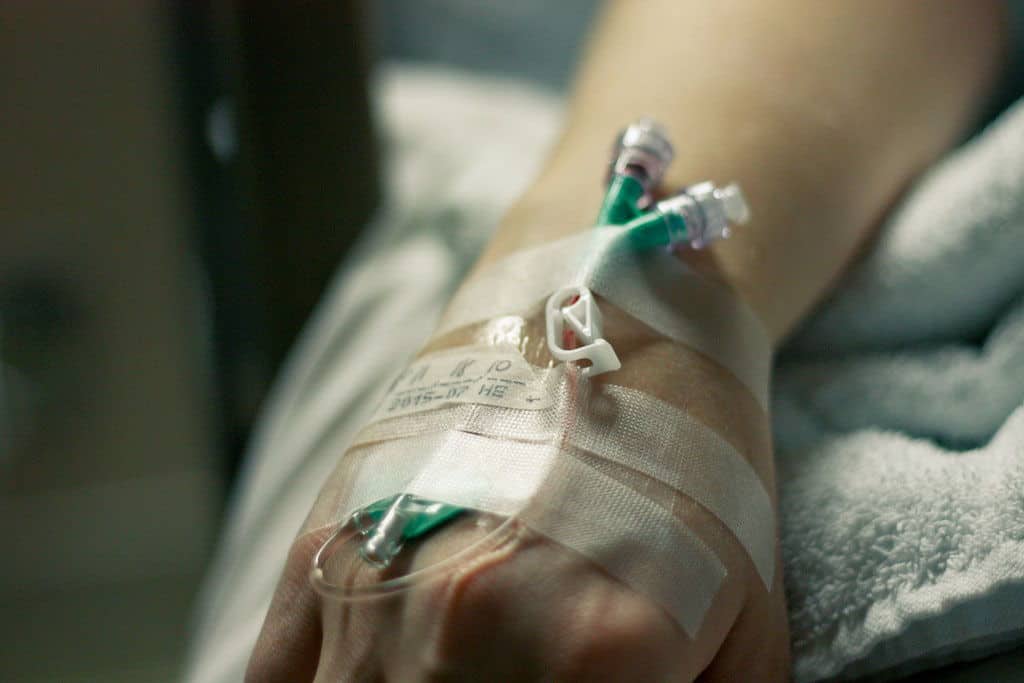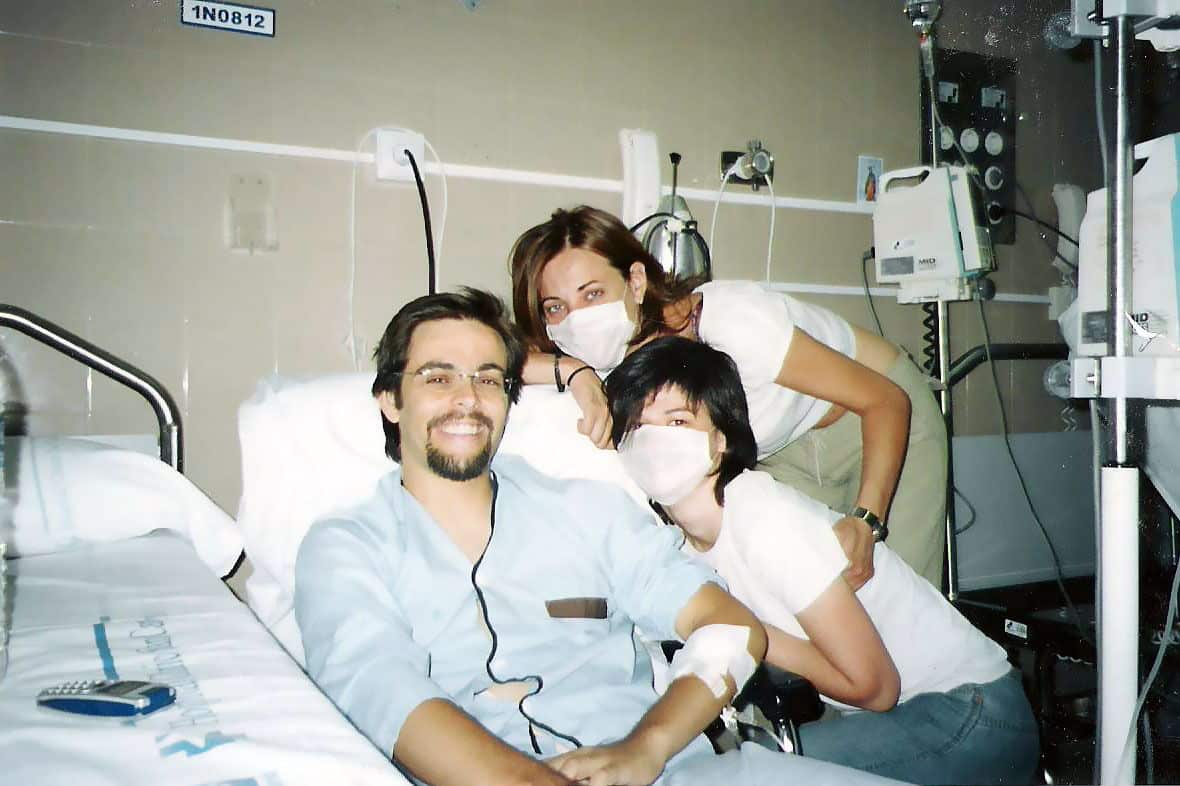When you go into the hospital for a procedure, you put your trust in the medical professionals caring for you. After all, you don’t really have a choice. So, when something goes wrong, it’s easy to feel helpless and out of control.
There are, however, some steps you can take to empower yourself before, during, and after your treatment.
Research, Research, Research
As a patient, you’re able to choose which hospital you go to, as long as the hospital you choose is able to carry out the procedure you need. So, make sure you do your research to find out which one has the best track record. Look at hospital guides. Since the Stafford Hospital scandal in the U.K. – where concerns over high death rates were raised – each hospital has been given “Ofsted-style” inspections by the Quality Care Commission.
Don’t forget, you can also take a look at patient forums, where you will find honest reviews from other people in your situation.
Don’t Be Afraid to Voice Your Concerns
Once you arrive for your procedure, don’t be afraid to ask questions if you aren’t clear about what is happening. After popstar Kylie Minogue was wrongly told she had the all-clear from breast cancer, she said: “Because someone is in a white coat and using big medical instruments doesn’t necessarily mean they’re right.” If you’re not confident, ask for a second opinion. If you see that medical staff haven’t washed their hands properly, ask them to wash them again. After all, it’s your health which is at stake.
Mistakes Can Happen, But…
Mistakes can, and do, happen in the health service. But, there are many people who have fought for compensation and won. High profile cases include that of actor Dennis Quaid, who sued the hospital which treated his newborn twins after they were given a massive medication overdose. The Parent Trap actor went on to speak out on behalf of patients’ rights, even giving evidence to US Congress.
Know Your Rights
Claims for medical negligence have gone up massively, according to latest figures, despite changes to the law which were designed to deter so-called “ambulance chasers”.

An NHS review found the number of claims in England alone went up from 10,129 to 11,945, an increase of 18% between March 2013 and March this year. The rise is thought to be down to historic no-win, no-fee cases still going through the system, even though new rules came into force last year.
But, while the system for making a claim may have changed, that doesn’t mean those who suffer medical negligence have no recourse to getting compensation. So, exactly what do the rule changes mean for you?
Many agree that no-win, no-fee arrangements had to be changed, saying they were responsible for driving forward a compensation culture which means we’re all facing higher tax bills and insurance costs. But, others argued that a change in the law could mean those without the financial means wouldn’t have as much access to the legal system. It also means those who make a claim, and win, will have to use part of their compensation to cover their legal costs.
The new rules make sweeping changes to no-win, no-fee legal cases. Previously, there were no legal fees to pay upfront for a claimant and nothing to pay if a case was lost. But, if a case was won, the claimants kept all the damages, with the losing side paying an extra “success fee” to the claimant’s legal team. Such fees could be up to 100% of total legal costs involved in a case.
Nothing has changed in terms of upfront fees with the new rules and you still won’t have to pay any costs if your case isn’t successful. If, however, you do win, you will have to pay your legal team, although a cap has been put on the amount you are liable for, so it can’t be more than 25% of damages awarded.
Is it fair?
Not everyone thinks the changes are a force for good. The Law Society believes it could put people off claiming for damages. As any compensation is supposed to pay for care needed or loss of income, for example, even those who win could face a shortfall in what they need as they will lose up to a quarter of their settlement.
There is also the fear some personal injury lawyers could focus on larger cases and those which have a greater chance of success.
Those who believe they have genuinely suffered medical negligence though are still likely to go ahead with a claim. So, if you are one of the unlucky few, then don’t be afraid to seek what you’re entitled to.

